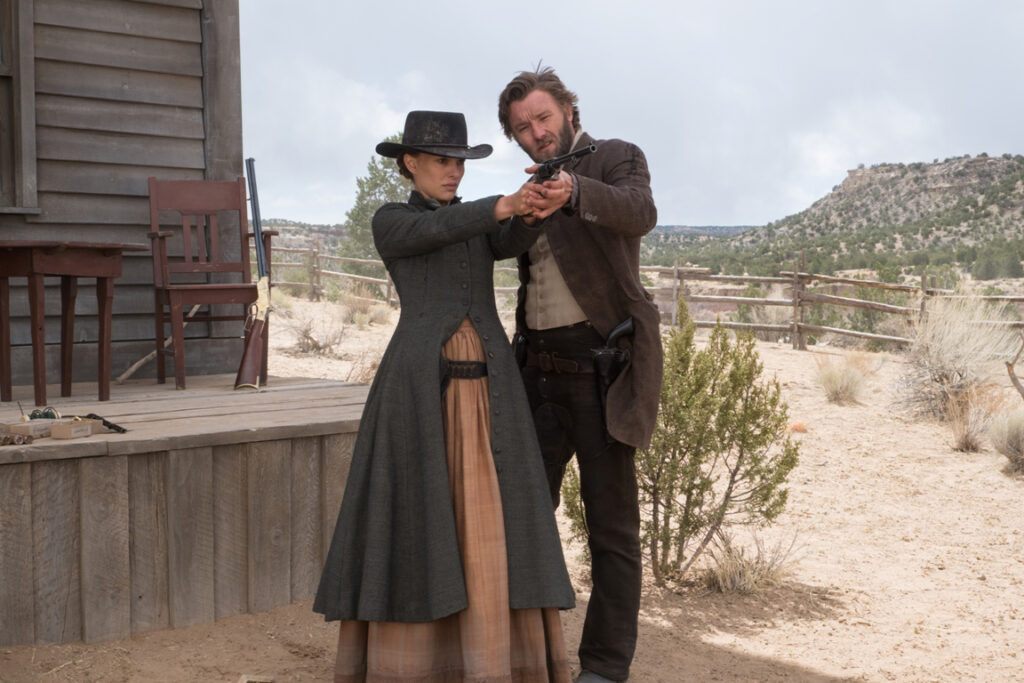Aerosmith’s 1989 hit “Janie’s Got a Gun” stands out in the band’s extensive discography as one of their most socially conscious and impactful songs. Beyond its catchy melody and powerful rock sound, the song tackles the dark subject of child abuse and the often-overlooked issue of domestic violence. This track, featured on the album (Pump), marked a departure from the typical themes of love, lust, and partying that characterized much of Aerosmith’s earlier work, making a bold statement on behalf of victims everywhere. A critical exploration of “Janie’s Got a Gun” reveals how the band used their platform to shed light on serious societal issues, blending their signature sound with a powerful narrative that continues to resonate today.
The Story Behind the Song
The idea for “Janie’s Got a Gun” reportedly came to lead singer Steven Tyler after reading a news story about a young girl who had been abused. Deeply moved by the tragedy, Tyler began to explore the theme of abuse in a broader context, focusing on the story of a girl named Janie who ultimately takes matters into her own hands. The song tells the tale of a girl who, after enduring years of abuse at the hands of her father, decides to seek justice by shooting him.
This narrative was a stark contrast to the more hedonistic themes Aerosmith had previously explored, and it marked a significant moment of social consciousness for the band. Tyler, known for his flamboyant stage presence and often provocative lyrics, took a more serious tone with this song. He even consulted with the non-profit organization Childhelp to ensure the lyrics accurately and sensitively portrayed the issue of child abuse. This level of research and dedication to the subject matter shows how seriously Tyler took the responsibility of telling Janie’s story.
Musical Composition and Impression
Musically, “Janie’s Got a Gun” is as compelling as its narrative. The song begins with a haunting bass line, setting a dark and suspenseful tone that mirrors the gravity of the subject matter. The arrangement, featuring a blend of bluesy guitar riffs and orchestral elements, builds tension throughout the track, culminating in the explosive chorus where Tyler’s vocals soar with the refrain, “Janie’s got a gun.” The contrast between the subdued verses and the powerful chorus amplifies the emotional impact of the song, making it not just a story but an experience.
The production of the track was meticulously handled by Bruce Fairbairn, who worked closely with the band to create a sound that was both commercially appealing and artistically profound. The orchestration, arranged by John Webster, added layers of depth to the track, making it one of Aerosmith’s most complex productions. This attention to detail paid off, as “Janie’s Got a Gun” became a massive hit, reaching number four on the Billboard Hot 100 and earning the band a Grammy Award for Best Rock Performance by a Duo or Group with Vocal.
Social Commentary and Reception
“Janie’s Got a Gun” stands out not only for its musicality but also for its bold social commentary. In the late 1980s, discussions of child abuse and domestic violence were not as prevalent in mainstream media as they are today. Aerosmith used their platform to bring these issues to the forefront, challenging their audience to confront uncomfortable truths. The song’s narrative is unflinching, detailing the abuse in stark terms and offering no easy solutions. Janie’s act of violence is portrayed not as a glorification of revenge, but as a desperate cry for help and justice in a world that has failed her.
The music video for “Janie’s Got a Gun,” directed by David Fincher, further amplified the song’s message. The dark, cinematic visuals depict Janie’s traumatic experiences and her ultimate act of defiance. The video was both praised and criticized for its intense portrayal of abuse, with some applauding Aerosmith for tackling such a difficult topic, while others questioned whether it was appropriate for a rock band to delve into such heavy subject matter. However, this controversy only heightened the song’s impact, sparking conversations about the realities of abuse and the responsibilities of artists to address social issues.
Despite—or perhaps because of—its challenging content, “Janie’s Got a Gun” was widely acclaimed. Critics praised Aerosmith for their willingness to tackle a serious issue, and the song’s success helped cement the band’s reputation as not just rock stars, but artists with a message. It also inspired other musicians to explore social issues in their work, contributing to a broader trend of socially conscious music in the late 1980s and early 1990s.
Impression
More than three decades after its release, “Janie’s Got a Gun” remains a powerful piece of music and a testament to Aerosmith’s versatility as a band. The song’s exploration of abuse and the emotional toll it takes on victims continues to resonate, particularly in a world where discussions about trauma, justice, and accountability have become more prominent. The (MeToo) movement, which gained momentum in the late 2010s, brought renewed attention to songs like “Janie’s Got a Gun,” highlighting how art can both reflect and influence societal change.
Moreover, the song’s success opened the door for Aerosmith to explore more complex themes in their music. While they continued to produce hits that focused on love and relationships, “Janie’s Got a Gun” proved that the band could also tackle heavier, more socially relevant topics without losing their commercial appeal. This balance between artistic integrity and mainstream success is a key reason why Aerosmith has endured as one of the most iconic rock bands in history.
“Janie’s Got a Gun” is a landmark song in Aerosmith’s career, not only for its musical brilliance but for its daring exploration of difficult subject matter. By telling Janie’s story, the band shed light on issues that were often ignored or minimized, using their platform to advocate for those who had been silenced. The song’s legacy continues to inspire artists and listeners alike, reminding us of the power of music to confront uncomfortable truths and drive social change.
No comments yet.








